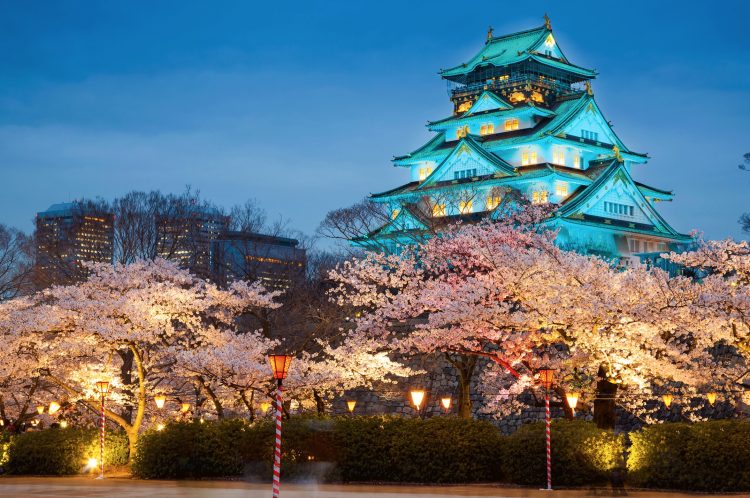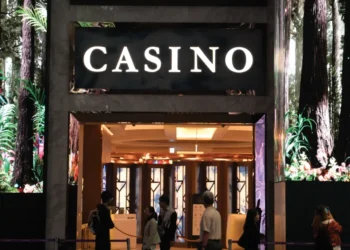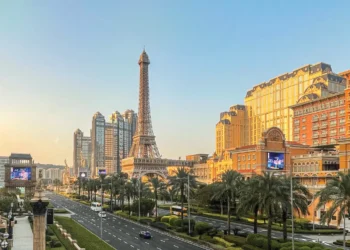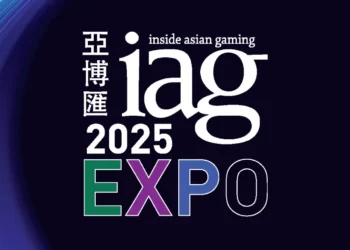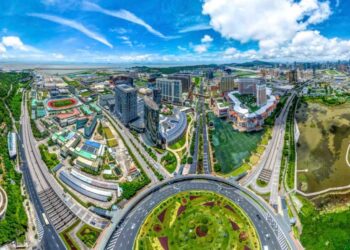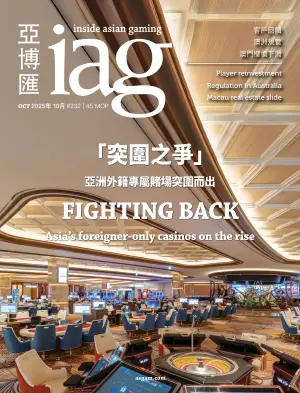The coalition partner of Japan’s ruling Liberal Democratic Party (LDP) is set to call for a minimum ¥8,000 (US$75) entry fee for Japanese residents to enter the nation’s casinos, a four-fold increase on the fee previously proposed by the LDP.
The stipulation forms part of an interim report being prepared by Komeito outlining its policy recommendations for the impending IR Implementation Bill to be submitted to the Diet in the coming months. It was only last month that the LDP proposed a ¥2,000 fee – equivalent to around US$19 – for all Japanese residents to enter the nation’s casinos, with foreign tourists to be exempt.
Under Komeito’s plan, that figure would jump to ¥8,000 as part of its policy to combat gambling addiction.
“It’s extremely important to gain understanding from a wide range of Japanese people by introducing casino restrictions in the world’s best standards,” the report explains.
Komeito’s recommended ¥8,000 entry fee is almost identical to the SG$100 (US$76) fee charged in Singapore and supports previous predictions that Japanese lawmakers would base their own IR regulations on Singapore’s model.
The draft interim report supports the government’s proposal to limit the total area covered by any single integrated resort to 15,000 square meters – also identical to Singapore – and the casino space to 3% of total floor space.
Reiterated in the interim report is Komeito’s preference for the number of casino licenses issued to be limited to “two or three”, while the party backs measures to limit residents to a maximum three visits a week and 10 visits a month.
The LDP has previously suggested a tax rate of 30% for annual revenue up to ¥300 billion (US$2.8 billion) for each IR, rising to 50% for annual revenue above ¥400 billion.






